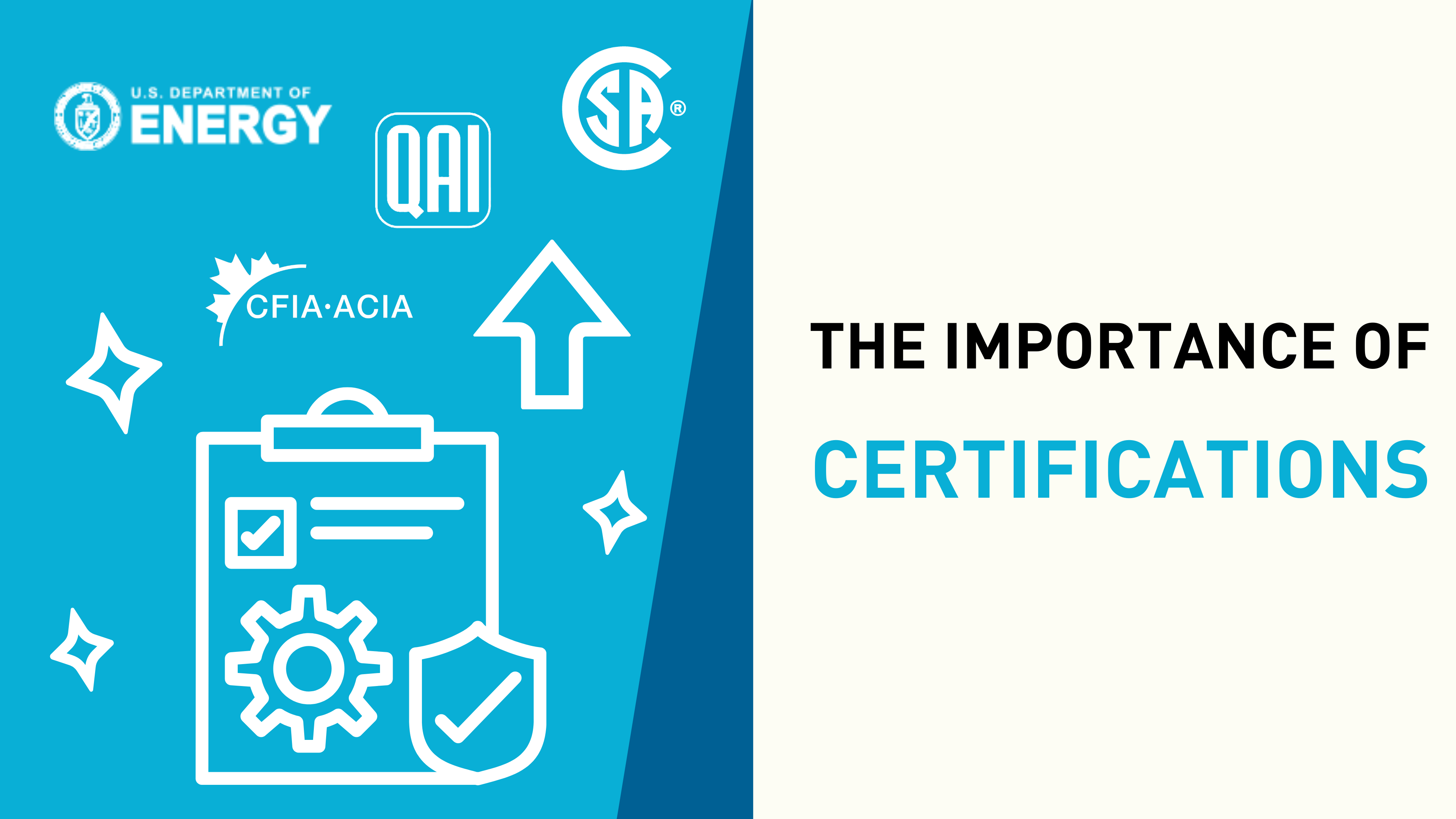Mastering Navigating the Certification Maze: A Comprehensive Guide for Choosing a responsible Walk-In Cooler Manufacturer
Mastering Navigating the Certification Maze: A Comprehensive Guide for Choosing a responsible Walk-In Cooler Manufacturer

This article delves deep into the intricacies of selecting the right manufacturer, shedding light on the indispensable roles played by certifications, insurance, and local authorities in this critical decision-making process.
Understanding the Importance of Certifications
Certifications are the symbol of excellence in the manufacturing industry, representing a steadfast commitment to quality and adherence to industry standards. In the realm of walk-in coolers, understanding the certification landscape is paramount for making informed decisions. But what certifications should you be looking for in a certified cold room?
1. Fire Certifications:
- Fire certification is arguably the most important set of certifications to obtain. Foam plastics can vary in technologies and quality and the latest and high-quality foam systems exhibit the ability to retard fire propagation, while their lower-quality counterparts tend to accelerate flame spread. Products falling under the high-quality foam system not only meet but exceed the stringent requirements of building codes (National Building Code in Canada and the International Building Code in the USA).
- At a minimum, North American building codes necessitate thorough testing and certification of flame spread and smoke development index, adhering to CAN/ULC-S102 (CAN) and ASTM E84 (USA).
- Additional standards can help evaluate contribution to fire growth for walls and ceiling materials as per CAN/ULC-S138 (CAN) and NFPA 286 (USA), required for certain types of environments.
- Note that European and other foreign certifications can’t be considered equivalent and are not equivalent to required testing standards set in North America.
- Mandatory adherence to energy efficiency codes outlined by NRCan and DOE for walk-in coolers and freezers.
- Compliance with R-value requirements for cooler and freezer panels and maximum energy consumption for doors and refrigeration equipment.
- NRCan and DOE compliant products available on their respective website.
- Electrical safety ensures that components carrying electricity won't pose harm to operators under both normal and exceptional usage conditions. This includes safeguards against potential hazards such as electrical fires, shocks, and mechanical pinching caused by moving parts.
- All factory assembled electrical components need to be tested and listed according to the CSA 22.2 or UL 471 standards.
Navigating the Certification Landscape: How to Verify a Manufacturer's Credentials
Choosing a manufacturer without certifications poses severe risks, from compromised safety to increased maintenance costs. A manufacturer maintaining certifications undergoes periodic audits to ensure ongoing adherence to specifications. To avoid these pitfalls, food service businesses must diligently navigate the certification landscape:
- Verify on Certification Governing Bodies' Websites: Ensure the manufacturer is listed on the appropriate certification governing body's website. A certified product will be labelled with the certification body logo, identification name, date and identification number that help track the product down to its database. If a product has a certification label, but the product can’t be found on the website of the certification body, this product should be reported to the certification body presented on the label. (For example: the FM website)
- Government Regulatory Websites: Consult official regulatory agency websites, such as the NRCan website or the DOE website, for insights into guidelines and code violations.
- Industry Associations: Seek resources and guidance on compliance from relevant industry associations such as CFIA.
The Influencers: The Impact of Insurance Companies and Municipal Authorities
In the selection of walk-in cooler equipment, two competent influencers emerge – insurance companies and municipal authorities. Insurance companies, assessing risk and property value, may decline coverage or increase insurance cost for a property containing uncertified products. Simultaneously, local building inspectors and fire marshals wield significant influence in the approval process, highlighting the need for certifications to streamline approval and ensure compliance with local regulations. They could require proof of compliance for the walk-in cooler and ensure that the brand and model of the unit are properly listed. If they can’t associate the product with the certification, they could require the product owner to replace with a certified product that will meet the building code.
Conclusion
In the intricate process of choosing a walk-in cooler manufacturer, certifications stand as guiding beacons. Opting for a manufacturer with recognized certifications offers numerous advantages, including enhanced energy efficiency, reduced environmental impact, and long-term reliability. The peace of mind derived from selecting a manufacturer committed to quality, industry standards, insurance considerations, and local compliance is truly invaluable. As food service businesses navigate this labyrinth, informed decisions aligned with safety, quality, and compliance standards are key.
Ready to make a choice that ensures the highest standards for your walk-in cooler needs? Explore our certification page to learn more about Norbec’s compliance with industry standards. Contact our team for more information, and let's build a solution that aligns with your business's unique requirements.
